Abstract
Prof. Philipp Hacker, LL.M. (Yale)
Professor for Law and Ethics of the Digital Society, Europa-Universität Viadrina Frankfurt (Oder)
Large generative AI models (LGAIMs), such as ChatGPT, GPT-4 or Stable Diffusion, are rapidly transforming the way we communicate, illustrate, and create. However, AI regulation, in the EU and beyond, has primarily focused on conventional AI models, not LGAIMs.
This talk will situate these new generative models in the current debate on trustworthy AI regulation, and ask how the law can be tailored to their capabilities.
Speaker bio
Philipp Hacker is a legal scholar and holds the Chair for Law and Ethics of the Digital Society at the European New School of Digital Studies, located at European University Viadrina. Prior to that, he was AXA Postdoctoral Fellow at Humboldt University Berlin, Max Weber Fellow at the EUI and A.SK Fellow at WZB.
His research focuses on private law and digital technologies, particularly AI, and includes interdisciplinary work at the intersection of law and computer science.
Join us
Everyone is welcome, space is limited. Registration via Luma is required. Subscribe to our newsletter for priority invitations to upcoming events.
18:30 Doors open
19:00 Talk starts
19:45 Drinks and networking

